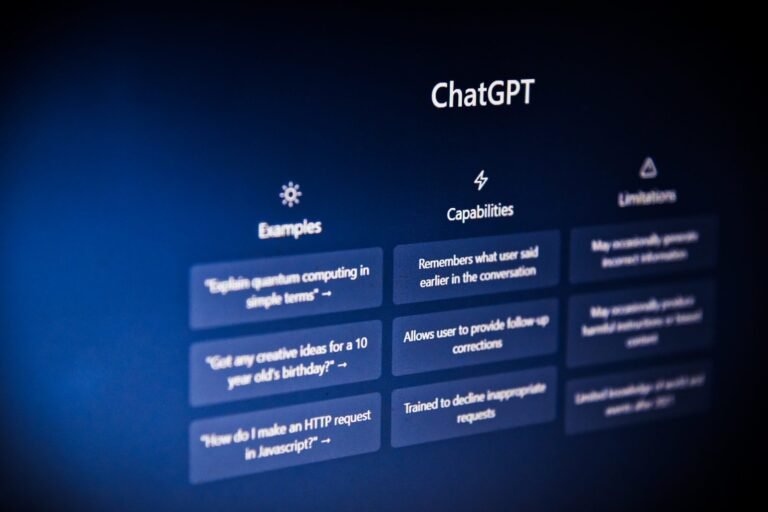The Human Factor: Why Trust in AI at Work Still Isn’t Easy
AI is showing up more and more in the workplace—helping with tasks, generating reports, even making suggestions. But behind the scenes, a lot of workers still don’t feel ready to trust AI with key decisions. It’s not just about not believing in the tech. People are worried about fairness, how secure their data is, and what happens to their jobs when AI makes decisions. Real trust doesn’t come from just installing tools. It comes from making sure people feel heard, respected, and in control. Without that, even the smartest AI can fall flat in practice.
Right now, nearly half of employees—48%—say they’re unsure about trusting AI recommendations. That hesitation isn’t the same for everyone. It depends on what the AI is doing and who’s using it. Workers are more comfortable when AI handles routine things like scheduling or data checks. But when AI steps in for things like performance reviews, hiring, or monitoring, trust drops sharply. These are high-stakes areas where people feel vulnerable. That means companies need clear rules on how AI is used—especially in HR—and who’s responsible when things go wrong.
Where Trust Falters—and Why
- AI in routine tasks is seen as safer and more trustworthy – Workers feel more confident when AI handles predictable work like scheduling or data entry, because the outcomes are easier to verify and less personal.
- AI in people-related decisions sparks deep concern – Tasks like hiring, performance reviews, or monitoring raise alarms because they directly affect careers and personal outcomes. Employees want transparency and human judgment here.
- People don’t trust AI without clear oversight – Most employees prefer a 75% human, 25% AI model in decision-making. They want to keep the final say in their own hands, not hand it over to a system they don’t understand.
- Data privacy and security are top fears – Employees worry AI will expose or misuse sensitive information. Strong access controls, encryption, and clear data policies are not optional—they’re essential to build trust.
Trust in AI isn’t about technology. It’s about how people feel when they use it. And until companies show they care about fairness, transparency, and human rights, employees won’t step fully into the AI era.







